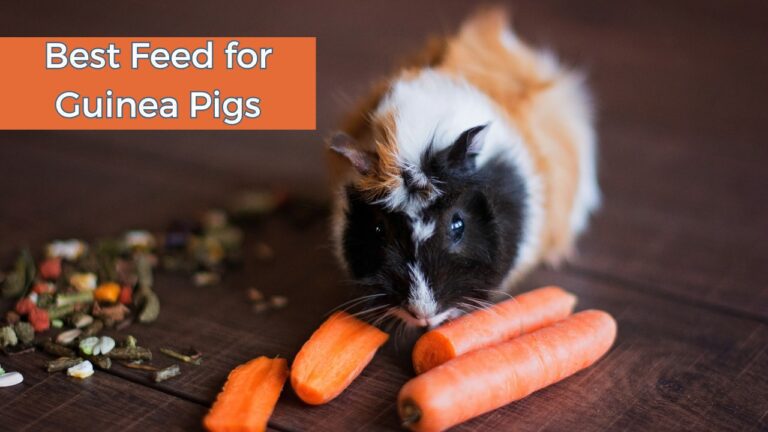
Admin / 13 -September -2023 – Happy Guinea Pig Starts with Food: Best Feed for Guinea Pigs
Guinea pigs are cute and clever herbivores, making them a popular pet in Indonesia. One of the most important aspects of care for guinea pig owners is feeding them food that suits their nutritional needs. In this article, we will discuss the best food for guinea pigs, including the types of food they should be fed, proper portions, as well as other important care tips.
1. Hay (Dry Grass): The Main Source of Food
Hay is the main component in a guinea pig’s diet. It should always be available to them, as it contains fiber which is very important for their digestive system. Hay also helps keep guinea pigs’ teeth healthy, as it erodes their teeth while chewing. Make sure to provide high-quality and fresh hay.
2. Fresh Vegetables: Essential for Nutrition
Apart from hay, guinea pigs also need fresh vegetables in their diet. Green vegetables such as lettuce, cucumber, kale, mustard greens, broccoli, and spinach are great choices. Ensure that the greens are fresh and well-washed to avoid chemical or bacterial contamination.
3. Fruits: Healthy Snacks
Fruits like apples, strawberries, and cherry tomatoes can be given as an occasional snack. However, avoid overfeeding fruits as their high sugar content can be detrimental to your guinea pig’s health.
4. Guinea Pig Pellets: Processed Food
There are special pellets designed for guinea pigs that can be an addition to their diet. Make sure to choose quality pellets that suit your guinea pig’s needs. Since pellets are a high-energy food, make sure to follow the feeding instructions on the package. Giving the right amount of pellets will help your guinea pigs avoid obesity and dental problems. Choose pellets that contain vitamin C, as this is very important to help your guinea pig grow.
5. Clean Water: Always Available
In addition to food, make sure your guinea pig always has access to clean water for them to drink. This is very important to maintain hydration, especially during hot weather.
6. Limit Human Food: Avoid Junk Food
Avoid giving your guinea pig human food, especially those that are high in fat, salt, or sugar. Guinea pigs are healthier on a diet that is rich in fiber and low in fat.
7. Watch Portions: Don’t Overfeed
Guinea pigs tend to get fat, so it is very important to monitor their food portions. Do not overfeed to avoid obesity.
8. Consult a Veterinarian
If you have any concerns about your guinea pig’s diet or health, always consult a veterinarian. They can provide specific advice and recommendations according to your guinea pig’s condition.
When it comes to caring for your pet guinea pig, providing an appropriate diet is key to maintaining their health. With the right diet and proper care, you can ensure that your guinea pig remains happy and healthy throughout its life.
